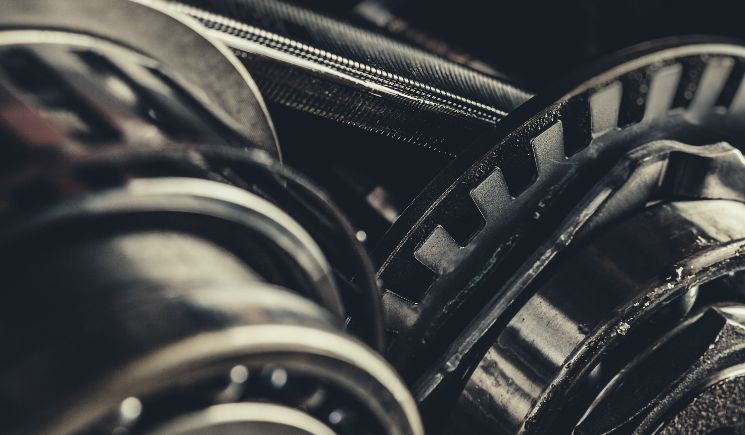You’re likely not alone if you’ve noticed a bothersome whining or droning type of noise that is coming out from your Nissan’s continuous variable transmission (CVT). This frustrating noise is a common problem invading many Nissan vehicles that have a CVT transmission. But you don’t need to panic. In many cases, this irritating CVT whine can be free with the proper troubleshooting steps.
In this article, we’ll dive into the various causes of whining and noise from the CVT transmission in your Nissan. By learning more about what can cause the CVT to whine, you’ll be better equipped to zero in on the root cause in your own vehicle.
Various Possible Causes Of A Whining Noise From The CVT Transmission In A Nissan
Low CVT fluid level
- The transmission fluid level should have an inspection if the whining noise is occurring.
- This is because low fluid can lead to poor lubrication and pressure in the CVT by causing a noise.
Contaminated or deteriorated CVT fluid
- Fluid that is unclear or has broken down can also cause whining sounds as it won’t properly lubricate the transmission components.
Worn or loose CVT belt
- The steel transmission belt can become glazed or damaged from excessive slippage by causing a whining noise during operation.
Malfunctioning torque converter
- Issues with the torque converter vanes that are not locking up properly can produce a droning or whining noise in some cases.
Faulty transmission valve body
- Sticking valves in the valve body prevents proper pressure control, which can produce whining noises.
Loose CVT mounts
- If the transmission mounts are not in good condition, it allows excessive movement, which may results to noises.
How Long Do Nissan CVT Transmissions Last (Let’s Find It Out)
Potential Solutions For Fixing A Whining Noise That Comes From The CVT Transmission In A Nissan
- Change fluid if it is dirty, burnt-smelling, or contaminated. Make sure to use Nissan NS-2 or NS-3 CVT fluid for optimal performance.
- Look for signs of glazing, cracking, or damage on the steel belt. Check pulley alignments and also make sure that the belt rotates smoothly without wobbling.
- Look for any leaks or damage around the sealing surfaces and gaskets. Replace any worn or leaking seals/gaskets to prevent unwanted air intake into the system.
- Inspect the underbody for any leaks around the transmission case, lines, cooler lines, etc. Repair any external leaks if detected.
- Replace any loose, degraded, or broken mounts that allow excessive transmission movements and vibrations.
- Adding an auxiliary transmission cooler helps to prevent overheating, which is a significant cause of noise.
- Parts like bearings, valve bodies, or torque converters may need replacements if confirmed to be faulty.
FAQs About Nissan CVT Whining Noise
Q: Does the whining mean expensive transmission repairs are needed?
A: Not necessarily. In some cases, topping up the fluid or adjusting the driving style can quiet the noise. However, damaged components may need repairs.
Q: Are aftermarket transmission additives helpful for quieting the CVT whine?
A: No, additives not approved by Nissan can actually cause more harm than good. Use only genuine Nissan CVT fluid.
Q: Can I keep driving the car if I hear a droning or whining from the CVT?
A: It’s not recommended. The noise indicates a problem that will likely get worse if left unattended.
Q: Does Nissan’s warranty covers the CVT whining issues?
A: CVT repairs may be covered if the vehicle is still under the powertrain warranty. Check eligibility terms for more information.
Q: How often should I change the CVT transmission fluid?
A: Nissan recommends a fluid change every 30,000 miles to maintain protection and quiet operation.

